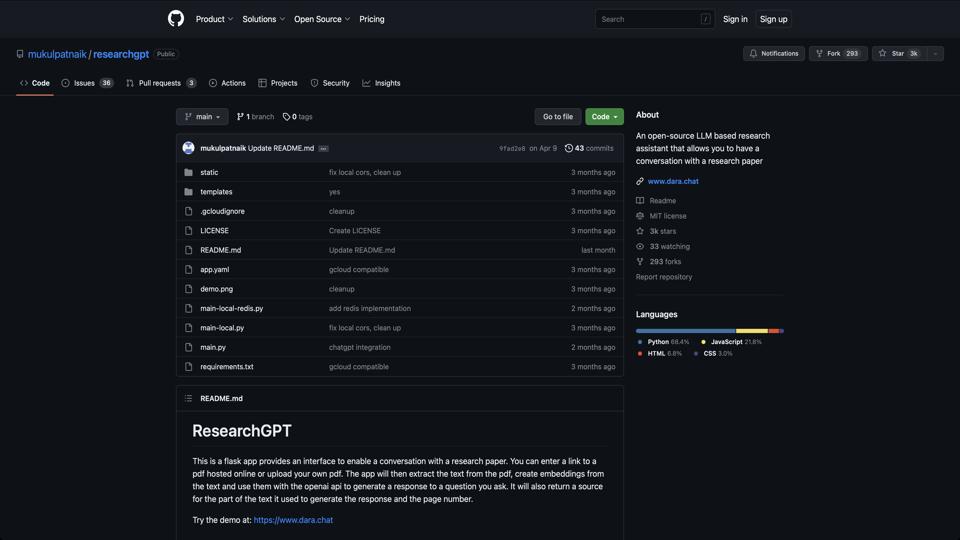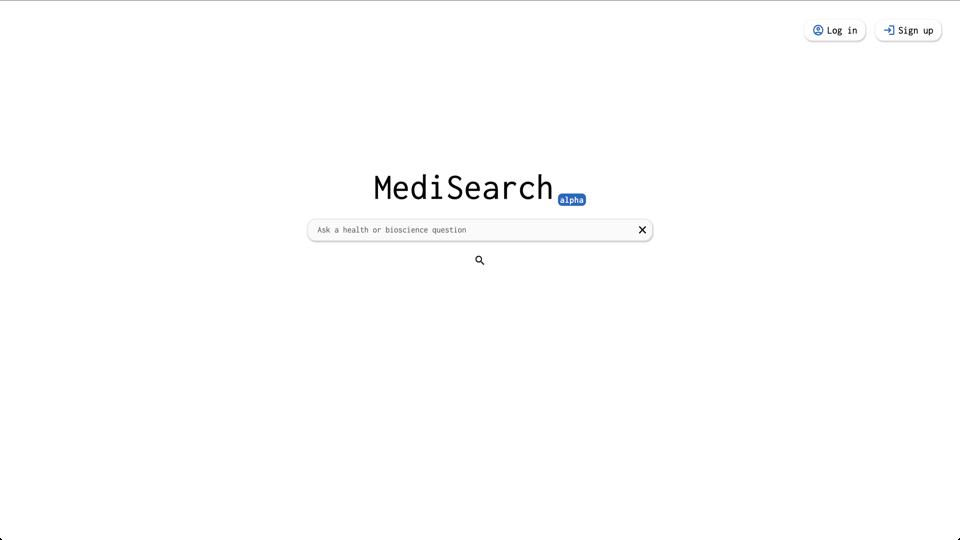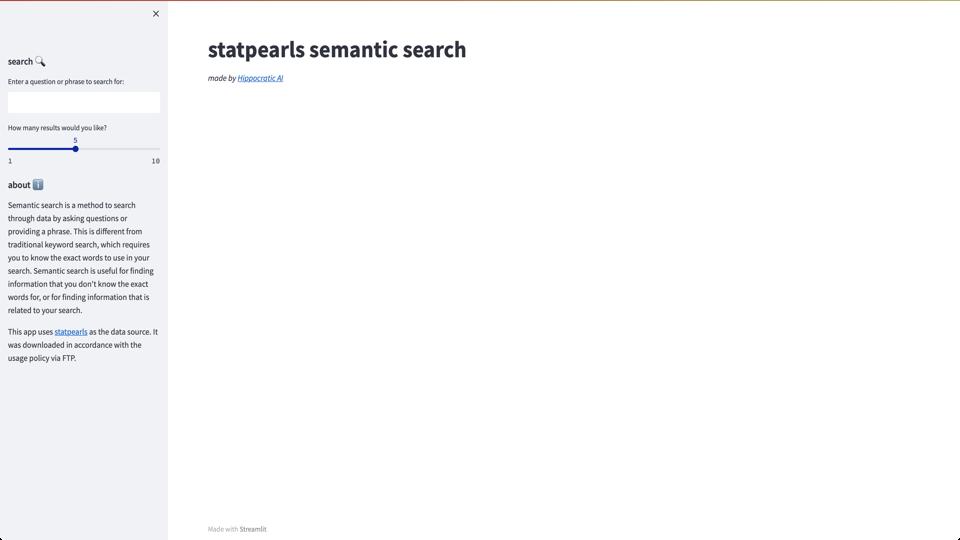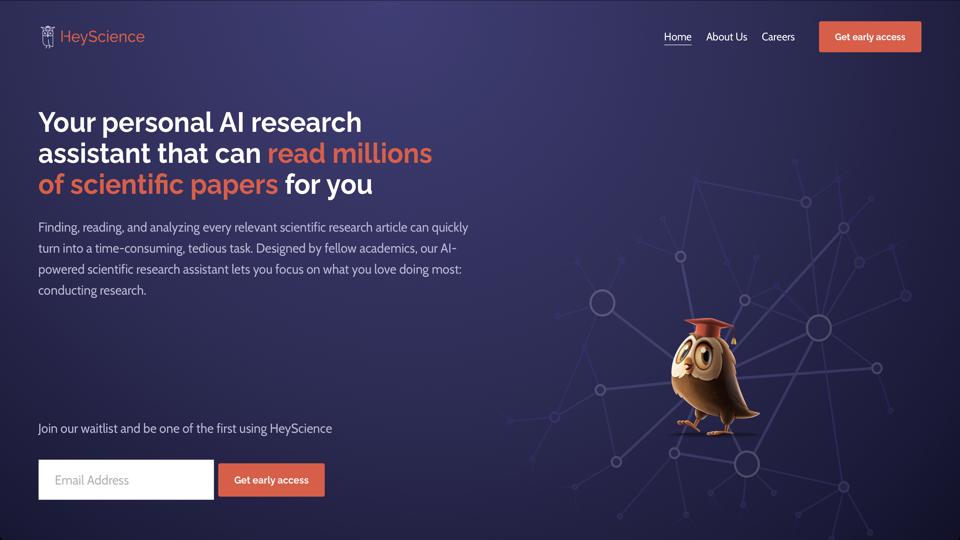ResearchGPT
Review of ResearchGPT
Overview
ResearchGPT is an open-source tool developed by Mukul Patnaik, available on GitHub at https://github.com/mukulpatnaik/researchgpt. It leverages large language models (LLMs) like GPT to enable interactive conversations with research papers. Users can input a PDF link to a paper (e.g., from arXiv), and the tool parses it, allowing queries about summaries, explanations, references, and more. It’s designed to make academic research more accessible by turning dense papers into conversational experiences. As an open-source project, it’s free to use, modify, and contribute to, with a focus on simplicity and integration with tools like Streamlit for the UI.
Key Features
- Paper Parsing and Summarization: Automatically extracts and summarizes key sections of a research paper.
- Interactive Q&A: Users can ask natural language questions about the paper’s content, methodology, results, or implications.
- Reference Linking: Provides links to cited references for deeper exploration.
- Streamlit Integration: Runs as a web app using Streamlit, making it easy to deploy and use locally or on platforms like Hugging Face Spaces.
- OpenAI API Support: Utilizes OpenAI’s GPT models for processing, with configurable API keys.
- Customizability: Being open-source, users can tweak the code, add features, or integrate with other LLMs.
Pros
- Highly useful for researchers, students, and professionals who need quick insights from complex papers without reading them in full.
- Free and open-source, encouraging community contributions and reducing costs (aside from any API usage fees).
- Simple setup: Clone the repo, install dependencies, and run with a single command.
- Enhances productivity by providing targeted explanations and clarifications.
- Supports ethical AI use by focusing on academic assistance rather than generating new content.
Cons
- Relies on external APIs like OpenAI, which may incur costs for heavy usage and requires an API key.
- Accuracy depends on the underlying LLM; it can occasionally hallucinate or misinterpret paper details.
- Limited to PDF links; doesn’t handle non-PDF formats or offline papers directly.
- Basic UI – while functional, it lacks advanced features like multi-paper support or export options in the core version.
- Potential privacy concerns if sensitive papers are processed through third-party APIs.
How to Use
- Clone the repository:
git clone https://github.com/mukulpatnaik/researchgpt.git - Install dependencies:
pip install -r requirements.txt - Set your OpenAI API key in the environment or code.
- Run the app:
streamlit run main.py - Enter a paper URL (e.g., an arXiv PDF link) and start querying.
For a live demo, check out hosted versions on platforms like Hugging Face Spaces, if available.
Rating
Overall Score: 8/10
ResearchGPT is a fantastic tool for democratizing access to research knowledge. It’s particularly valuable in academia and R&D, though improvements in reliability and offline capabilities could make it even better. If you’re dealing with research papers frequently, it’s worth trying out.
Alternatives
- Semantic Scholar: AI-powered paper search and summarization.
- Elicit: LLM-based research assistant for literature reviews.
- Perplexity AI: General AI search with citation support.
This review is based on the tool’s GitHub repository as of the latest available information. Features and performance may evolve with updates.




